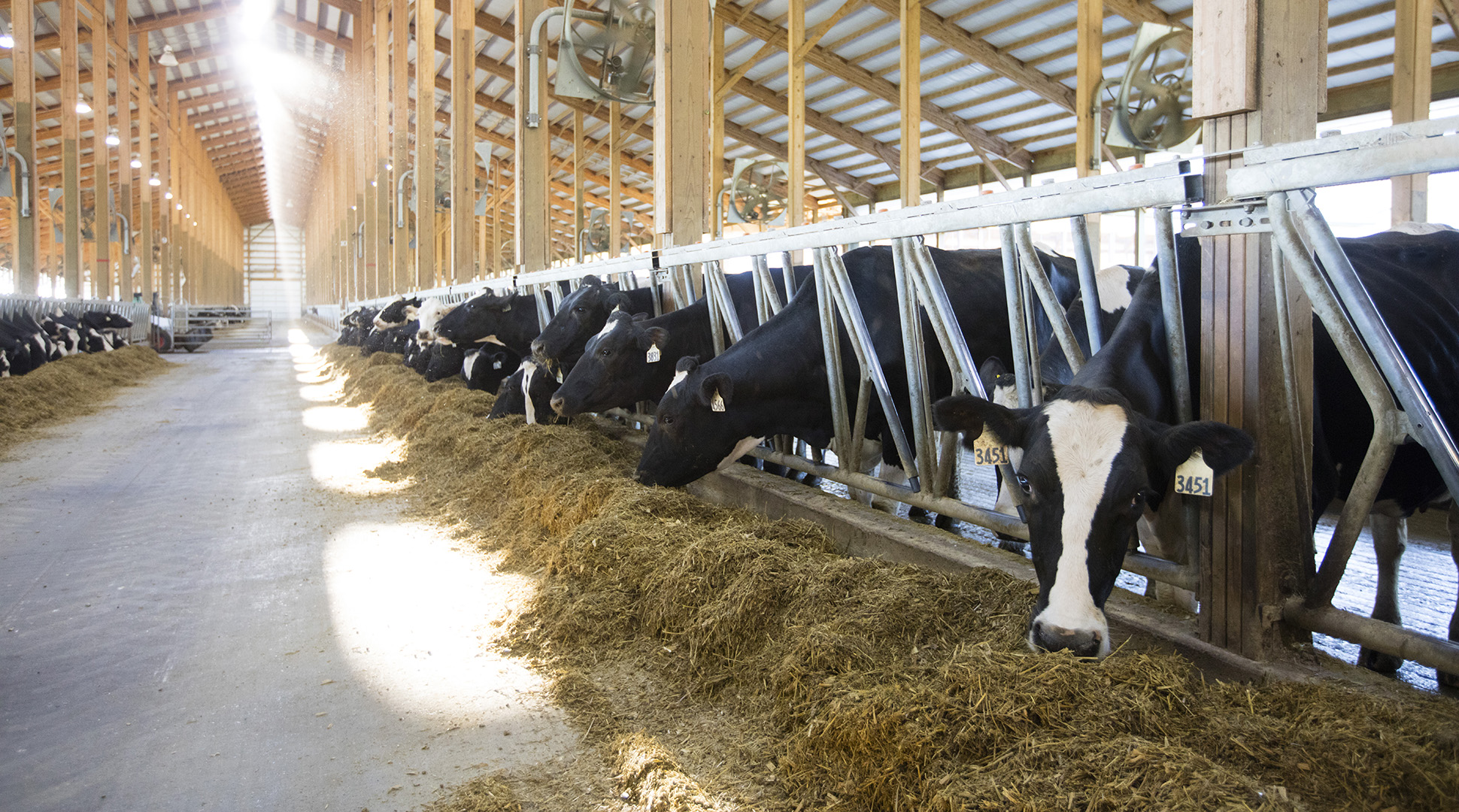Listen to an American Farm Bureau Federation podcast about this topic
Recycling inedible foods to make electricity and fertilizer? That's what one Pennsylvania dairy farmer -- Brett Reinford -- is doing through the No Taste for Waste campaign.
No Taste for Waste is a collaboration, by the American Farm Bureau Federation and others to reduce food waste, which accounts for up to 40 percent of all food produced.
"The 'No Taste for Waste' campaign just recently started with a few pretty big partners that are involved with it. And so, it’s an initiative to bring awareness to food waste and to tell the food waste story and bring people together to look for solutions," Reinford said.
Reinford uses an anaerobic digester to recycle food waste, which generates enough power to supply the farm and roughly 100 other homes.
"We originally built it to reduce odor, which it does a pretty good job at doing that. But, we soon found out after having it installed that we could put food waste in it and make even more electricity and more methane. So, for the last ten years we’ve been recycling food waste, inedible food, that we’ve gotten from various sources over the years, retailers and most recently now, a lot from food manufactures."
Reinford says there are other ways farmers and the food industry can help reduce food waste.
"We think that food should go to those that are less fortunate first. So, if there’s extra food that a grocery store has, I think that’s where it should be sent to, along with animal feeding operations. But, when that’s not a good option, we think that sending it to our digester or any digester in the United States is a better option than sending it to a landfill because you are able to capture that energy from the food, which is the methane, and produce renewable electricity with it and heat."
To learn more go to notasteforwaste.org.
